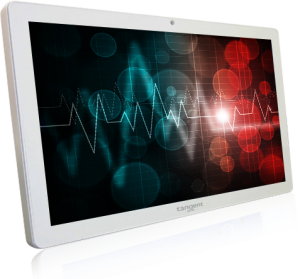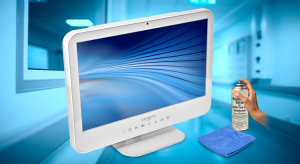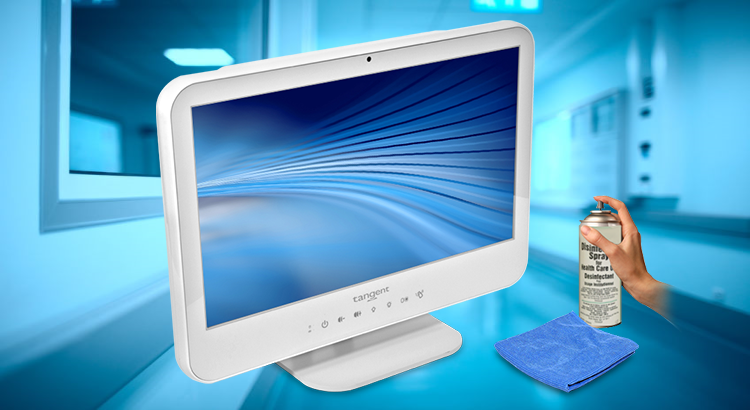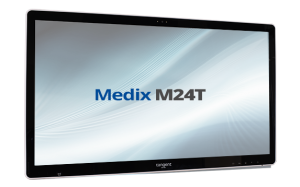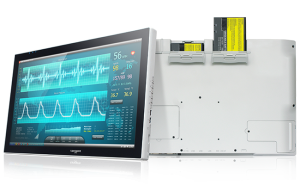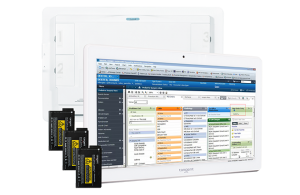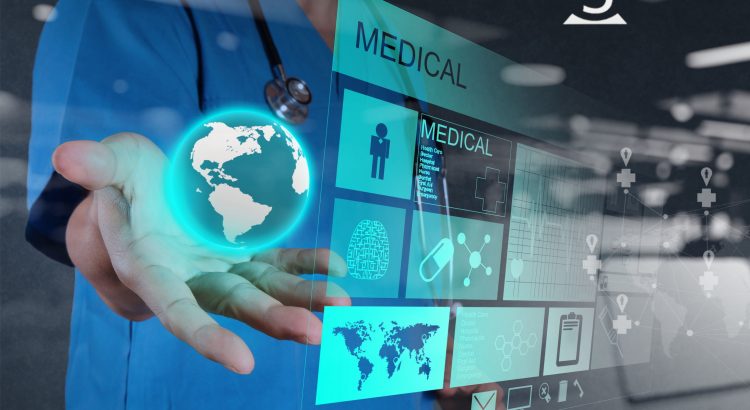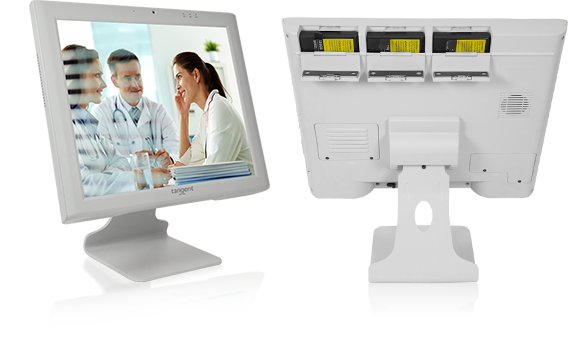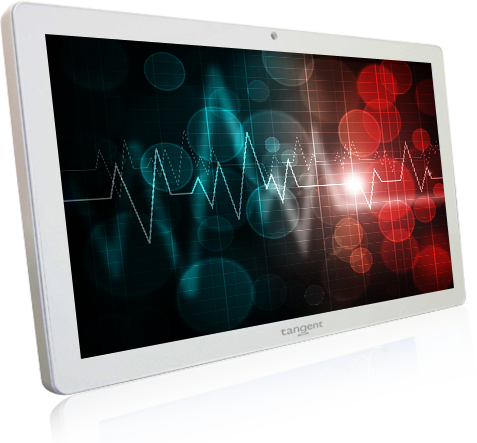Now more than ever, washing your hands is crucial to staying healthy. Touching a surface that someone else has touched without washing their hands is part of the infection process. However, making sure that the surface is regularly cleaned is an effective way of reducing the risk of this happening. To that end, Tangent has designed a line of washable computers that can be regularly cleaned to prevent the infection process from occurring.
Washable Computers: Prevent Disease Vectors
In the hospital setting, a medical computer is an indispensable tool to helping patients. However, the same medical computer that helps patients can also harm doctors and nurses. A medical computer can be used by several different people in one day, all of whom are interacting with countless other medical personnel and patients. This can cause a medical computer to quickly turn into a breeding ground for pathogens.
With washable computers, the risk of infections from medical computer use can be reduced. The CDC has confirmed that cleaning agents do work on infection causing viruses, making washable computers an effective tool for hospitals to potentially reduce the risk of infection.
How To Wash A Medical Computer
The CDC has released guidelines on how to clean surfaces such as washable computers. For surfaces in general, the CDC recommends wearing disposable gloves during the cleaning process and immediately throwing them away afterwards. For electronics such as a medical computer, the CDC recommends using alcohol-based wipes or sprays which meet a minimum 70% alcohol threshold.
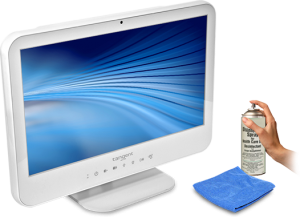
Washable computers should be washed as frequently as possible to reduce the risk of infection. Ideally, washable computers should be washed thoroughly after every new user. This ensures that no pathogens remain on the medical computer between uses.
More Than Sanitary
Washable computers aren’t just a way to potentially reduce the risk of infection, they are a vital medical tool. Washable computers like the M24T from Tangent are designed for healthcare use. This medical computer comes with a built in webcam and mic, making it perfect for use in telemedicine. With an advanced touchscreen and antimicrobial enclosure, the M24T can operate without a keyboard and mouse, saving money and reducing the amount of surfaces to be cleaned.
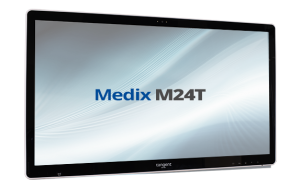
Washable Computers: The Clean Way To Compute
Medical computers are vital tools to hospitals and the patients they serve on a daily basis. Choosing washable computers for your hospital’s medical computers can help reduce infection risks, and help in telemedicine efforts.



